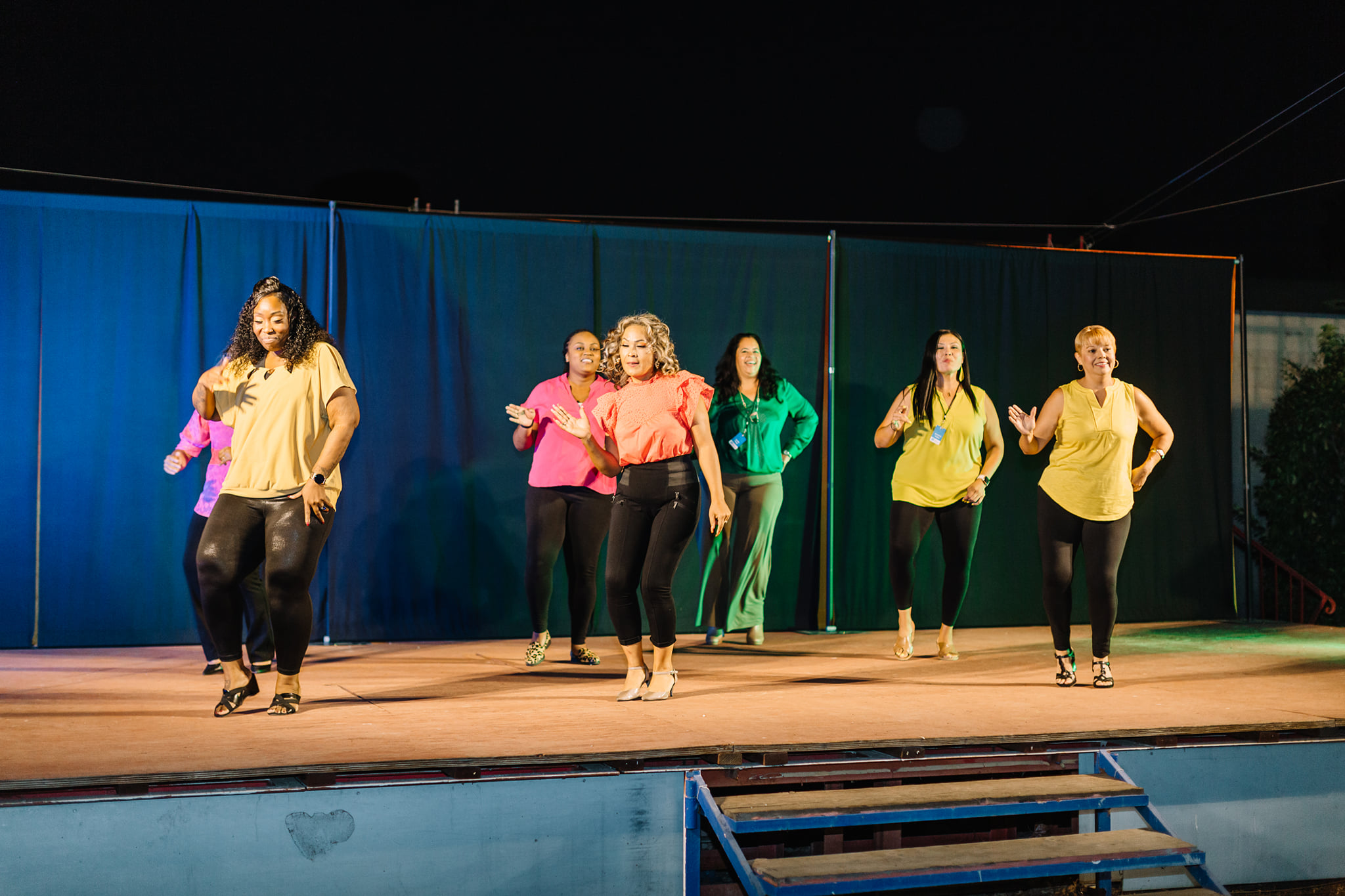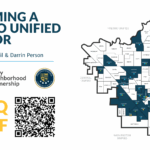*This report is taken from the PEARS Success Story ID 23330
In partnership with the Fresno County Department of Public Health (FCDPH) and Every Neighborhood Partnership (ENP), the Central Valley Health Policy Institute (CVHPI) has conducted a series of interviews with Latin Dance instructors before the COVID-19 pandemic and shortly after the shelter-in-place mandate was lifted. The initial interviews conducted in 2019 were aimed at understanding how the program has expanded, identifying challenges, and linking the program to resources. There were nine (n=9) Latin Dance instructors who were interviewed and provided input on these topics. Shortly thereafter, the pandemic struck and the opportunity to report findings back to the community was put to a halt. In the month of June 2021, follow-up interviews were conducted with the Latin Dance instructors to assess the current state of the project and how best to move forward. A total of five interviews were conducted with the Latin Dance instructors. On June 30th, 2021, the CVHPI met with the FCDPH, ENP, and the Latin Dance instructors who were interviewed to report back findings and ensure that all ideas were captured. The following is a summary of both findings from all interviews as well as topics that came forward during fruitful discussions with the Latin Dance instructors.
In June 2021 most COVID-19 shelter in place restrictions were lifted. As a result, collaborating partners were able to conduct follow-up interviews with the Latin Dance instructors during the month of June 2021. The follow-up interviews assessed the current state of the project, how the instructors pivoted to continue classes during shelter in place restrictions, and their sustainability efforts. A total of five (n=5) interviews were conducted with the Latin Dance instructors in 2020.
On June 30th, 2021, CVHPI met with ENP’s staff and Latin Dance instructors to share all findings. The outcome of this meeting demonstrates how Latin Dance instructors adapted to COVID-19 shelter in place restrictions and unforeseeable challenges and how they achieved solutions. The following is a summary of findings from all instructor interviews and topics that were brought to light with the Latin Dance instructors.
Latin Dance instructors greatly demonstrated their resilience in adapting to the ever-changing world during the COVID-19 pandemic. The instructors implemented virtual classes as well as physically distanced in person sessions in outdoor spaces. Nearly all of the Latin Dance instructors talked about how the classes helped to cope with stress, maintain a healthy lifestyle, increase happiness, and develop and nurture new friendships. The instructors shared that they felt a new sense of confidence and leadership in their personal and professional lives. The instructors were eager to share ideas on how to expand services, promote the program, and how to sustain Latin Dance efforts. The following is a synthesis of the challenges and potential solutions that arose from this discussion.
The main focus and priority for the Latin dance instructors were the challenges during the pandemic. There were two categories of challenges: those affecting the instructors and those affecting the participants. According to the instructors, the most reoccurring challenge they faced was low attendance, particularly in southwest Fresno. A lack of transportation made it difficult for the participants to attend the classes. Only a few instructors have the capacity to drive due to the lack of transportation. After being asked what places were affected the most by this circumstance, the instructors mentioned King Elementary School, Kirk Elementary School, and West Fresno Family Resource Center were the most affected. On the other hand, the most successful places, in terms of attendance, were Olmos Elementary, Green Bird Elementary, Calwa Elementary and Hidalgo Elementary. The participants in these areas tend to have reliable transportation.

The instructors asked for a list of open spaces such as schools, apartments, parks, and recreation centers to attend the classes. Instructors and participants especially preferred places in close proximity to their residence, as driving long distances tended to be an impediment. Some ideas to increase the number of locations available to conduct the classes are working along side with other partners such as the Housing Authority, establishing joint-use agreements with recurring and new schools, as well as working with city parks and recreation centers to provide these classes. Establishing a ride and share program can provide additional opportunities for participants
experiencing transportation issues.
Instructors also experienced technology issues. During the pandemic instructors experienced challenges such as music copyright infringement strikes when streaming and uploading videos on Facebook live. As a result, a Google Drive archive was created where dancing tutorials with music were posted and shared. Additional challenges included navigating the Google drive, utilizing Facebook live feature, and watching and downloading videos. Hosting an information technology training class for instructors was recommended to familiarize the instructors with the software, apps, and learn to access and download videos from the the web. Lastly, all instructors agreed that more advertisement and promotion of the classes through social media platforms is much needed. The outcome of the
information technology training and Latin Dance promotion will lead to an increase in participation.
Instructors shared that some of the most prominent challenges participants face besides transportation is the lack of water during the classes, and lack of air conditioner and restrooms at certain facilities. The instructors mentioned childcare or youth educational programming during the dance sessions would be beneficial. However, instructors mentioned having games or raffles during the classes had a positive impact on attendance. Participants enjoyed having an incentive such as raffles that kept them motivated during their practices.
In summary, the re-evaluation demonstrates that the Latin Dance PSE (policy, systems, environmental) continues to provide sustainable physical activity opportunities in the community. The Fresno County CFHL program support of the Latin Dance Trainings has led to continued sustainable increased physical activity opportunities and reducing sedentary lifestyles for populations living in low income communities of color. This evaluation also demonstrated the resilience of ENP and their community Latin Dance instructors to continue providing this needed physical activity opportunity during COVID-19.
“[Dance class] removes stress everyday and tones my body. I meet new friends and get out of comfort zones.” -Latin Dance Instructor







Leave a Reply